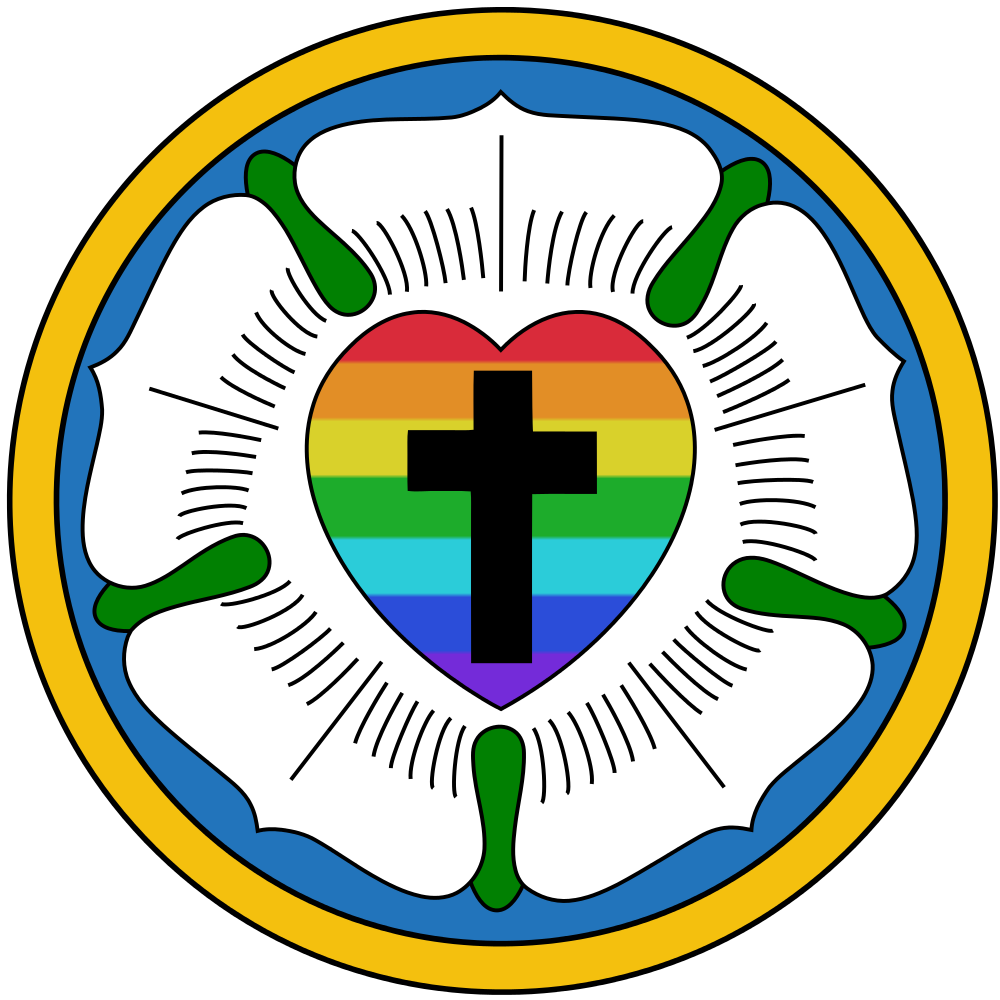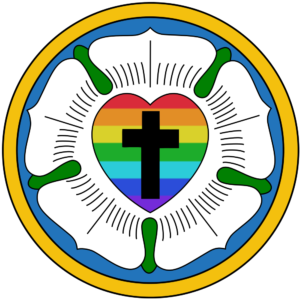by Carolyn Lawrence
Proclaim member and
MDiv student at LSTC
In this time of Lent as we follow the call to journey into the wilderness, we also remember our ancestors in faith who went before us. To help us in doing that, several Proclaim members will be reflecting upon the mystics in their blog posts here during the month of March.
The first time I told someone I was a mystic, it didn’t go over too well.
I mentioned to a coworker, with whom I frequently discussed theology, that I had been reading a fair bit of Meister Eckhart and that I would identify myself as a Christian mystic.
“Oh wow,” he scoffed with incredulity, “that’s a bit of a big claim, isn’t it?”
“Is it?” I responded.
His reaction surprised me. I wondered why I was receiving pushback by identifying myself within a long and venerable tradition of Christian mystics. I am a mystic through and through. Searching for union with God is my singular desire in my faith, and I didn’t find my identify to be scandalous.
Perhaps it’s because I have an encompassing view of Christian mysticism. I would argue that we are all mystics when we go to the altar to receive Christ’s presence in bread and wine. For me, that’s the pinnacle mystical moment in our worship. If one defines a mystic as a person seeking union with God, then the taste of Jesus’ body and blood surely qualifies as a mystical encounter!
And, as a Lutheran, I believe there is another space where union with God is possible: Martin Luther’s ethics were dominated by the call to love and serve our neighbor. Both he and I take the second great commandment—“Love your neighbor as yourself”—to be paramount to Christian engagement in this world. And, it is in loving our neighbor that we encounter the Divine.
Against this Lutheran backdrop and with my deepening mystical identity, I recenlty came to a stunning realization reflecting on Matthew 25:31-46. In this well-known passage, Jesus speaks of himself as a king welcoming in those who served him when he was hungry, thirsty, estranged, and imprisoned. Jesus identifies completely with those on the margins; “I was hungry…I was thirsty…I was naked…” The righteous are confused — when did they see him this way? Jesus replies in verse 40: “Truly I tell you, just as you did it to one of the least of these who are members of my family, you did it to me.”
Taking these words at the mystic level, the result is profound: to see the face of God, one must look to the outcast of this world. To have union with God one must welcome and embrace those on the margins of society. I am a mystic because I search for God’s union and love. I am a Lutheran mystic because I believe that God’s presence is found among those who the world casts down.
As we continue this Lenten mystical journey, I invite you to seek, serve, and love the Christs in your communities to find a glimpse of the Divine.
 Carolyn Lawrence (she/her/hers) serves as Operations Coordinator of Extraordinary Lutheran Ministries. She attends the Lutheran School of Theology at Chicago. In her free time, Carolyn enjoys baking bread, debating theology, and cuddling her cat Percy.
Carolyn Lawrence (she/her/hers) serves as Operations Coordinator of Extraordinary Lutheran Ministries. She attends the Lutheran School of Theology at Chicago. In her free time, Carolyn enjoys baking bread, debating theology, and cuddling her cat Percy.
Photo at top: Cary Bass-Deschenes
Bio Photo: Provided by author.




I am pursuing ordination in elca from another tradition. What concerns me is the attitude of elca toward mysticism.. what has been your experience? Is it compatible or simply tolerated?